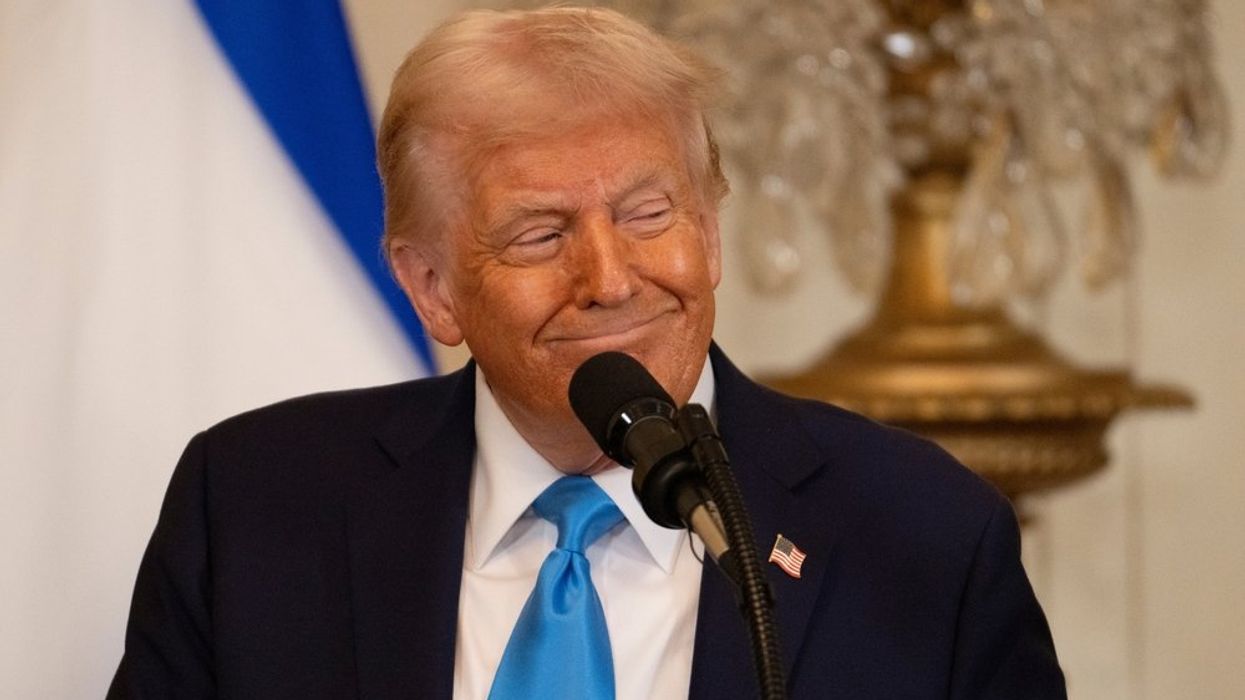The two-decades old online dumping ground known as 4Chan got hacked out of existence last week by a rival message board, but WIRED reporter Ryan Broderick examined how the former home of harmless cat memes became the toxic network that influenced X and YouTube and eventually saw its darkest elements infect the U.S. government.
Founded by 15-year-old Christopher "Moot" Poole as a spin-off site for a Japanese message board 2chan, or “Futaba Channel,” 4Chan evolved into the internet's "Wild West" devoid of organization or moderators. Without solid rules, Collins said he watched over the next two decades as a site featuring owls saying “ORLY” devolved into a fan club for mass shooters and the launchpad for the infamous Gamergate.
Broderick says it also became “the beating heart of far-right fascism around the world. A virus that infected every facet of our lives, from the slang we use to the politicians we vote for.”
READ MORE: John Roberts owns this nightmare — and he has no one to blame but himself
“I had a front row seat to the way … timid men morphed into the violent, seething underbelly of the internet,” writes Broderick. “The throbbing engine of reactionary hatred that resented everything and everyone simply because resentment was the only language its users knew how to speak.”
The writer traced 4Chan’s impact on global democracy throughout the 2010s, following it to France, Germany, Japan, and Brazil, "as 4chan's users became increasingly convinced that they could take over the planet through racist memes, far-right populism, and cyber-bullying."
4Chan's poison it carried worked its way into government, particularly in the United States.
"[4Chan's] user base just moved into a bigger ballpark and started immediately impacting American life and policy," said The Onion CEO and former extremism reporter Ben Collins. "Twitter became 4Chan, then the 4Chanified Twitter became the United States government. Its usefulness as an ammo dump in the culture war was diminished when they were saying things you would now hear every day on Twitter then six months later out of the mouths of an administration official."
READ MORE: 'I might just be done': Idaho woman says new Trump policy would kill her business
Both Collins and Broderick followed 4Xhan's rise in the 2010s “from internet backwater to unofficial propaganda organ of the Trump administration.” Once Elon Musk bought Twitter in 2022, Collins said there was “really no point to 4Chan anymore.”
“Why hide behind anonymity if a billionaire lets you post the same kind of extremist content under your real name, and even pays you for it?” Collins said.
Read the full WIRED story at this link (subscription required)


